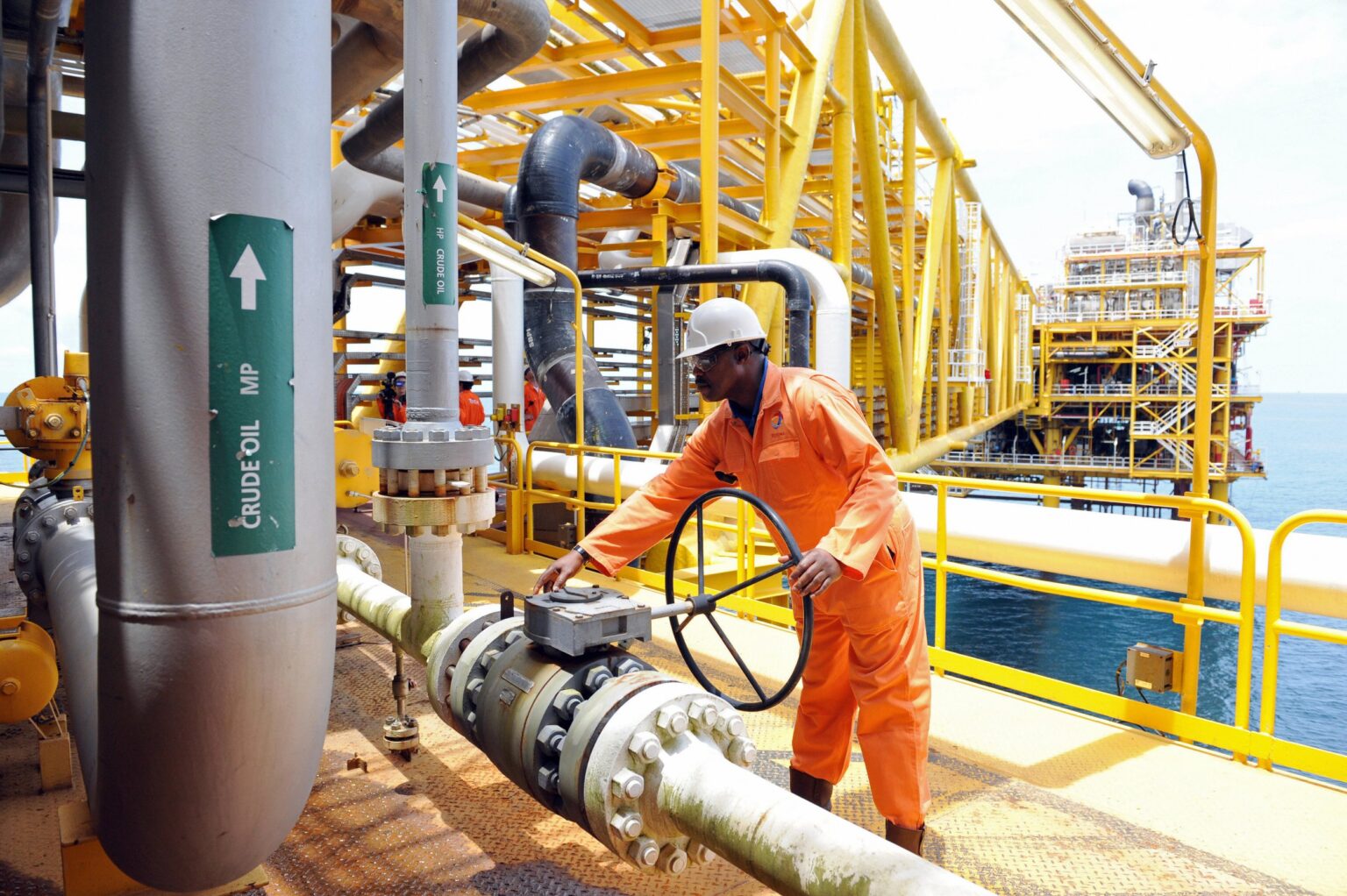
Austin Avuru said Nigeria would need $25b investment in 10 years to increase crude oil output.
Once again, participants in the upstream sector of Nigeria's oil and gas industry have emphasized the immediate need for the government to address issues related to fiscal policies, security, regulation, and other factors that deter investment and operations in the country's petroleum sector.
During the 2023 Annual International Strategic Conference organized by the Association of Energy Correspondents of Nigeria (NAEC) in Lagos, several operators shared their views. They stressed that Nigeria should take decisive steps to boost its oil and gas production to a minimum of three to four million barrels per day (bpd) and three billion cubic feet (bcf) to attract investment.
Speaking during a panel session, Mr. Akachukwu Nwokedi, the General Counsel/Company Secretary of Nigeria Liquefied Natural Gas Limited (NLNG) and President of the Nigerian Gas Association (NGA), emphasized the importance of addressing issues such as insecurity, asset vandalism, and community unrest to make Nigeria an attractive destination for investors. He also highlighted the need for contract integrity and a well-structured fiscal framework to encourage investment. Nwokedi praised the recent memorandum of understanding (MoU) signed between the Nigerian Content Development and Monitoring Board (NCDMB), Nigerian National Petroleum Company Limited (NNPC), and five international oil companies (IOCs) to streamline contracting processes and suggested replicating such initiatives across the board.
While acknowledging that the Petroleum Industry Act (PIA) has improved fiscal terms in the industry, Nwokedi stressed the importance of focusing on effective implementation to restore investor confidence, increase oil and gas production, and boost the country's revenue. He emphasized the necessity of streamlining the regulatory environment to facilitate investment, from project delivery to market access.
Mr. Austin Avuru, the Executive Chairman of AA Holdings and Pioneer Chief Executive Officer of Seplat, estimated that Nigeria would require approximately $25 billion in annual investments over the next decade to achieve the desired crude oil output and domestic gas production levels. Avuru suggested that Nigeria should prioritize energy security and optimize the value of its oil and gas resources before fully committing to its energy transition agenda. He emphasized that Nigeria should have already achieved substantial domestic gas production by now.
Mr. Sola Adebanwo, the General Manager of Government, Joint Venture, and External Relations at Heritage Energy Operational Services Limited, echoed the call for the government to create an attractive investment environment in the Nigerian oil and gas industry. He emphasized that capital tends to favor environments with favorable business policies and that difficult investment, regulatory, and legal conditions would deter investors. Adebanwo recommended strengthening the ease of doing business, establishing a predictable legal and policy framework, providing clarity on tax regimes, protecting investors, and simplifying business registration processes to attract foreign capital into the country's oil sector.
Copyright © ENTREPRENEURSHIP DEVELOPMENT INSTITUTE 2015. All rights reserved.
Powered by: C.B.N